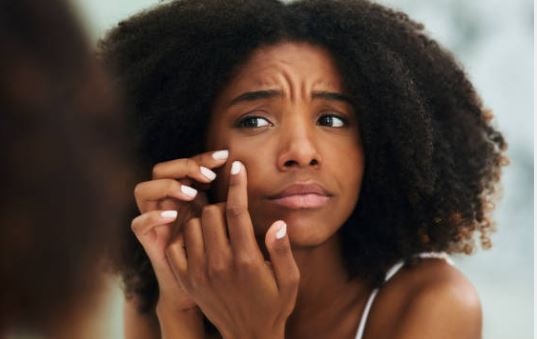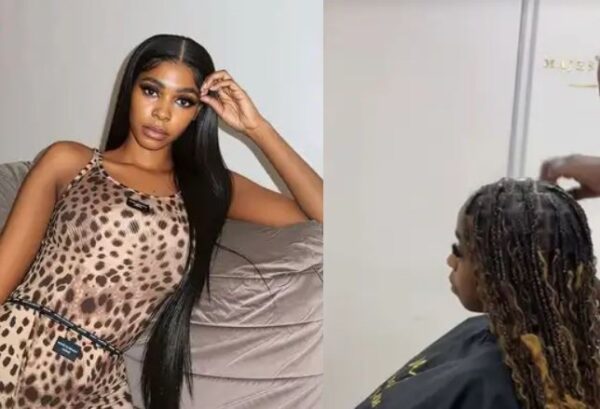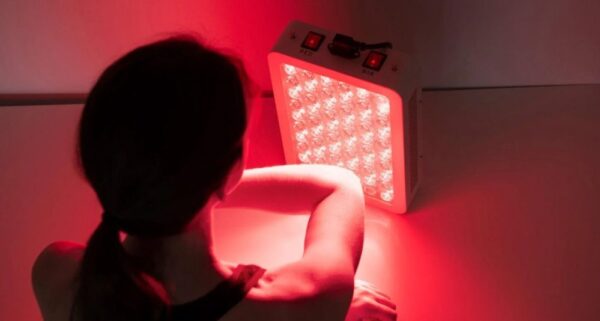Lifestyle
How dirty hair can affect your skin health

Maintaining good hygiene isn’t just about washing your body; it also involves keeping your hair clean.
If you fail to maintain good hair health, it can also impact your skin. This can lead to various skin problems due to the accumulation of dirt, oils, and pollutants.
From acne to infections, here is how dirty hair can affect your skin.
1. Clogged pores and acne
The primary concerns associated with unwashed hair is the accumulation of sebum, natural oils produced by the scalp. When these oils aren’t regularly washed away, they can migrate to the skin on the face, neck, and shoulders. Excessive sebum can clog pores, leading to acne breakouts. The combination of dirt, oils, and environmental pollutants in hair can exacerbate existing skin conditions like acne, making it crucial to maintain clean hair to prevent skin problems.
2. Skin infections
Dirty hair is a potential breeding ground for bacteria and fungi. These microorganisms thrive in an unclean environment, and when transferred to the skin, they can cause infections. Conditions like folliculitis, a common bacterial infection of the hair follicles, can result from bacteria present in unwashed hair. Similarly, fungal infections such as ringworm can spread from the scalp to the skin, leading to red, itchy patches and discomfort.
3. Irritation and skin allergy
Furthermore, neglecting hair hygiene can trigger allergic reactions or irritations on the skin. Pollutants, allergens, and dust particles that accumulate in dirty hair can easily come in contact with the skin, causing itching, redness, or rashes, especially for individuals with sensitive skin. Continuous exposure to these irritants can worsen skin conditions and compromise skin health.
4. Scalp inflammation
In addition to skin problems, dirty hair can also impact scalp health, indirectly affecting the skin. An unclean scalp can lead to dandruff, itching, and inflammation. Scratching the scalp due to itching can introduce bacteria and dirt to the skin, potentially causing infections or aggravating existing skin issues. Thus, maintaining clean hair is crucial not just for scalp health but also for overall skin well-being.
5. Regularly clean your hair
Proper hair care, including regular washing and maintenance, is essential not only for healthy hair but also for maintaining clear and radiant skin, highlighting the interconnectedness of hair and skin health. Make sure to rinse your hair thoroughly to remove all shampoo and conditioner residue, which can contribute to oiliness. Heat styling tools like blow dryers can stimulate oil production. Minimize their use or use them on a lower heat setting.










